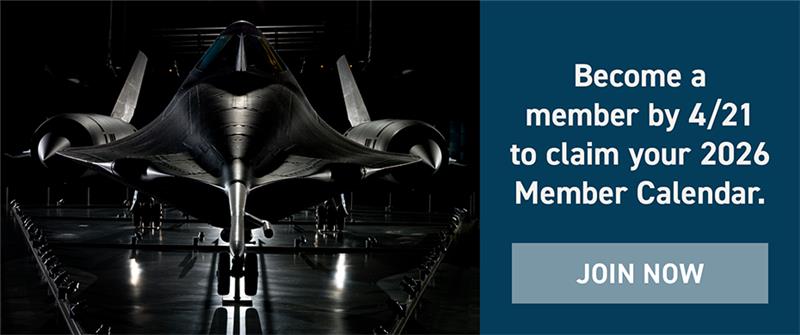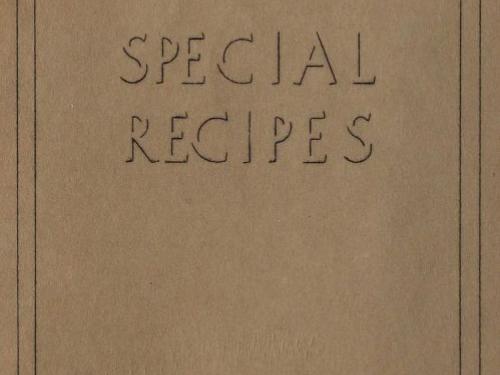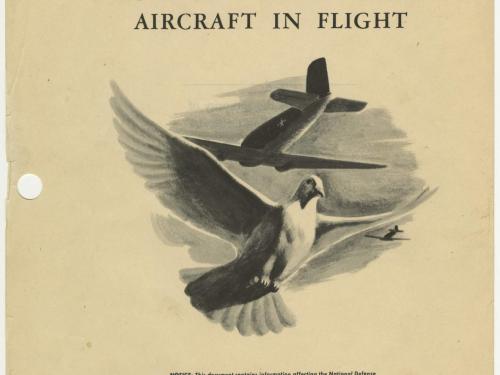
Story
Before his death in 2008, famed science fiction author Arthur C. Clarke had contact with the Smithsonian Institution, both directly and indirectly, throughout the years. This blog explores the correspondence between Clarke and members of the Smithsonian found in his personal papers held by the National Air and Space Museum Archives.









